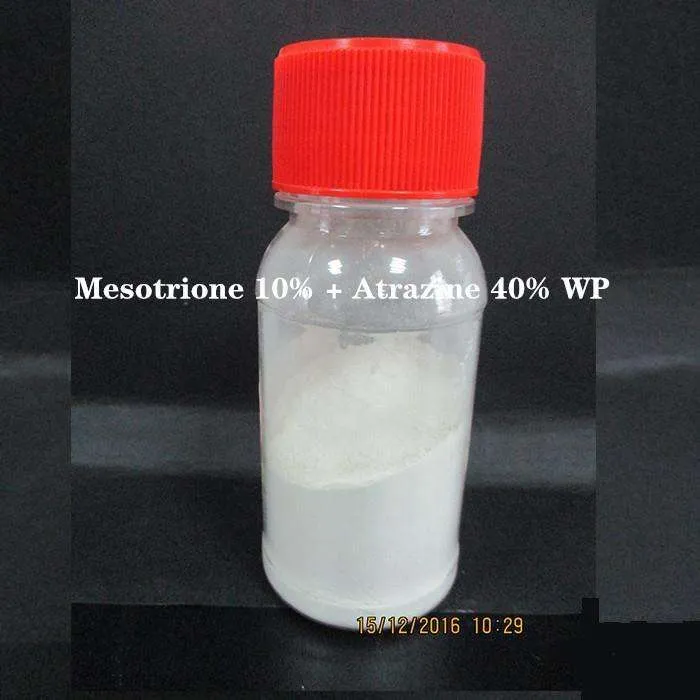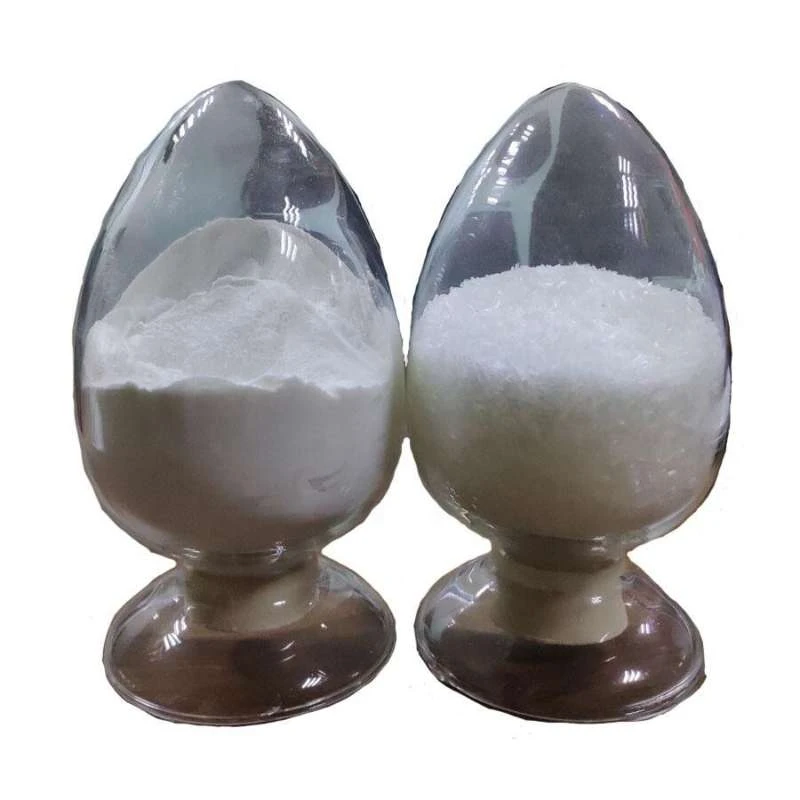
growth regulator
Harnessing the Power of Growth Regulators A Comprehensive Guide for Optimizing Plant Health

Growth regulators, often referred to as plant hormones or phytohormones, play an integral role in influencing and regulating plant growth and development. These bioactive substances are not only essential for plants to thrive but are also vital for improving agricultural productivity and quality. Here, we delve deep into the world of growth regulators, offering insights drawn from extensive expertise and reliable sources to help you make informed decisions in agricultural practices or gardening endeavors. The Role of Growth Regulators
Growth regulators are chemicals that influence the physiological processes within plants. They affect various aspects such as seed germination, root and shoot growth, flowering, fruit development, and stress resistance. Key types of growth regulators include auxins, cytokinins, gibberellins, ethylene, and abscisic acid. Each category serves distinctive roles, making an in-depth understanding crucial for anyone working with plants or developing agricultural products. Real-world Experience with Growth Regulators Employing growth regulators requires more than just theoretical knowledge; practical experience is vital. Farmers and horticulturists who have incorporated growth regulators into their practices report noteworthy improvements in crop yield and resilience. For instance, the use of gibberellins can significantly enhance fruit size and uniformity, which is particularly beneficial in commercial fruit production. Similarly, cytokinins are widely used in tissue culture techniques to promote callus formation and shoot proliferation, aiding in plant propagation. Case studies reveal that carefully calibrated use of growth regulators can lead to enhanced stress tolerance in crops. Drought-prone regions have seen improved plant survival rates when abscisic acid levels are manipulated to help plant stomata close and preserve moisture. These real-world applications underscore the importance of expertise and precision in employing growth regulators effectively. Expertise in Growth Regulator Application Expertise in the field of growth regulators involves understanding the specific needs of the plant species you're working with. It's essential to align the type and concentration of growth regulators with the plant's growth stage and environmental conditions. Misapplication can lead to adverse effects, such as stunted growth or abnormal development. As such, professionals often rely on field trials and controlled experiments to fine-tune their strategies.growth regulatorEducational institutions and research bodies have extensively studied the science behind growth regulators, contributing to a wealth of knowledge that informs best practices. This research not only helps in understanding the mechanisms through which growth regulators operate but also sheds light on new applications and potential breakthroughs. Staying informed about the latest studies and innovations is a hallmark of expertise in this dynamic field. The Authoritativeness of Growth Regulator Products The market for growth regulators is diverse, with products available for various needs. Choosing the right product involves more than just comparing prices or brand names; it requires assessing the credibility and authoritativeness of the manufacturer. Reputable suppliers invest in research and development, delivering products that have been thoroughly tested for efficacy and safety. Authoritative growth regulator products typically come with certifications or endorsements from agricultural agencies or independent bodies. This not only ensures adherence to quality standards but also fortifies the trust of consumers. Users are encouraged to consult technical sheets, reviews, and expert opinions to aid in product selection, ensuring they choose solutions that promise reliability and effectiveness. Trustworthiness in Using Growth Regulators Trustworthiness is a critical factor when discussing the use of growth regulators. The potential for misuse exists, as does the risk of environmental impact if these substances aren't handled responsibly. It's essential to follow guidelines and recommendations provided by regulatory bodies and to engage with certified professionals when applying growth regulators on a larger scale. Transparent communication from manufacturers about their product's effects and the measures they've taken to ensure safety can significantly enhance trust. Additionally, consumer education on proper application techniques, safety measures, and potential risks helps cultivate a more informed and responsible approach to using growth regulators. In conclusion, growth regulators are powerful tools that, when used wisely and ethically, can transform agricultural practices and plant care. By leveraging real-world experience, industry expertise, authoritative products, and a commitment to trustworthiness, users can achieve optimal results while supporting sustainable agricultural advancements.
-
Zinc for Sale: Your Essential ResourceNewsJun.04,2025
-
Thiamethoxam Insecticide: A Smart Choice for Crop ProtectionNewsJun.04,2025
-
Sodium Hydroxide: Your Essential Chemical SolutionNewsJun.04,2025
-
Hydrazine Hydrate: Your Essential ChemicalNewsJun.04,2025
-
DMSO for Sale: Powerful Solvent, Practical UsesNewsJun.04,2025
-
Acetamiprid Insecticide: New-Gen Protection That WorksNewsJun.04,2025
-
Using Potassium Permanganate in Laboratory SettingsNewsApr.28,2025





















